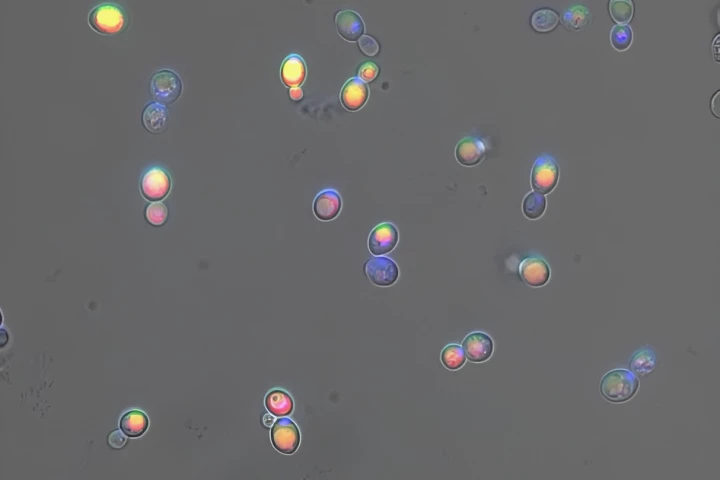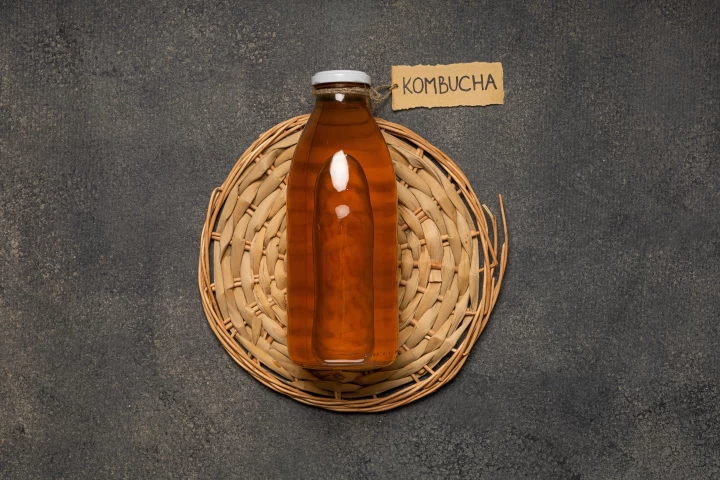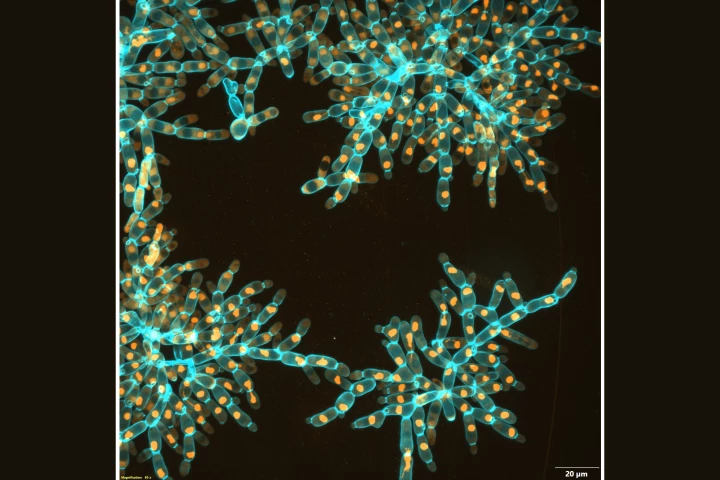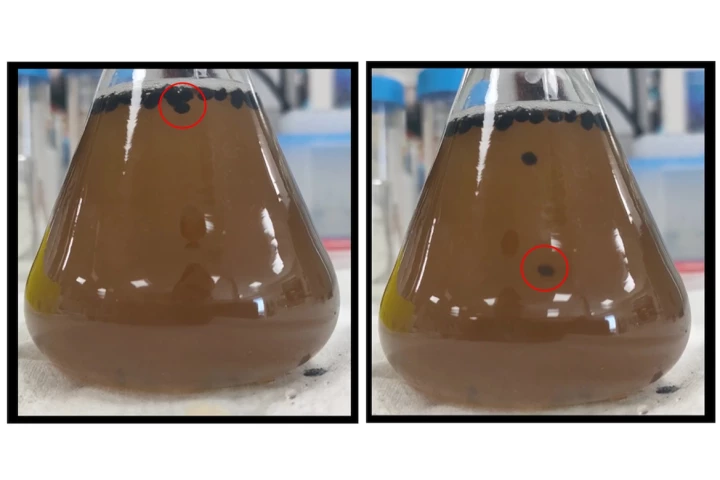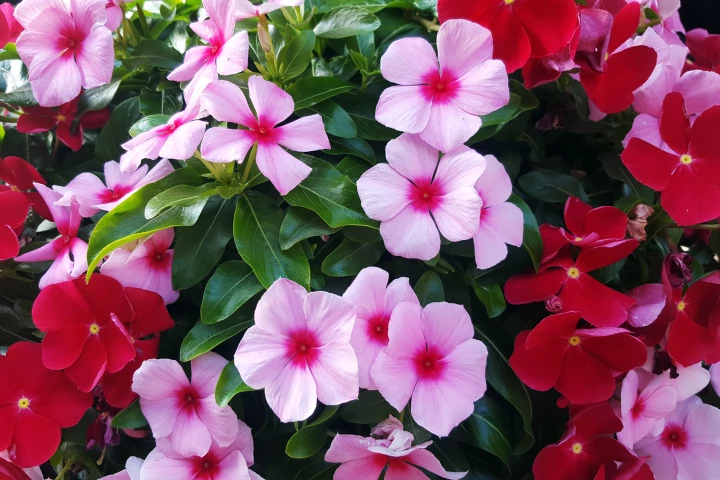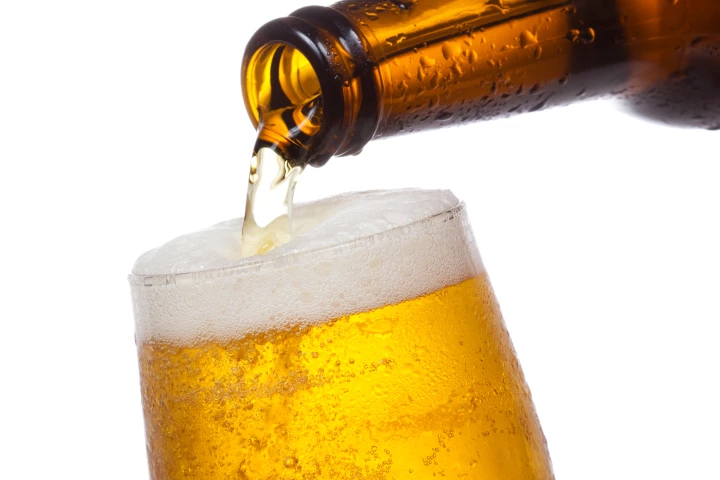Yeast
-
There may be a new use for that urine you've been so thoughtlessly flushing. Scientists say it could be an alternate source of a valuable bone- and tooth-repair material, with a little help from a genetically modified type of yeast.
-
A rice wine native to the Philippines has grabbed the attention of researchers looking into new, natural ways to slow biological aging. But it's not the wine itself – sorry – in the spotlight, but what's leftover after the liquid is ready to bottled.
-
It may not be to everyone's taste, but kombucha tea may be able to deliver the benefits of fasting, without the hardest part – the fasting. Its yeast and bacteria altered fat metabolism, without any other dietary changes, resulting in lower fat stores.
-
Scientists have given yeast a brand new ability – gaining energy from light. The technique was remarkably easy, the team says, and could not only help us understand evolution but make better beer and biofuel.
-
A 15-year project trying to build a synthetic yeast genome has hit a major milestone – yeast cells with more than 50% synthetic DNA for the first time. The team created synthetic versions of almost all its chromosomes plus a completely new one.
-
Scientists are conducting a long-term experiment on evolution to investigate how single-celled organisms could evolve into multicellular lifeforms. After thousands of generations, their yeast grew 20,000 times bigger and 10,000 times tougher.
-
Scientists at UC San Diego have developed a way to potentially slow down the cellular aging process, using an oscillating genetic 'clock.' In tests, yeast cells were found to live significantly longer than those without.
-
The longer it takes to brew a batch of beer, the greater the chances of microorganisms getting in and ruining the whole thing. In order to speed up and simplify the process, scientists have developed tiny BeerBots.
-
It takes tons of plant matter to make each gram of the cancer drug vinblastine. To find an alternative source, scientists have engineered yeast to produce the precursors of vinblastine, which could help make this vital drug more available and affordable.
-
Scientists have created new artificial microbes by combining two very different organisms into one functioning entity. The hybrid of a yeast and a bacterium adds evidence to a long-standing hypothesis on how advanced life may have evolved.
-
One of the first products made using an animal-free egg white is now available in the United States. The unique macarons are the first to be made with an egg white protein produced by engineered yeast, designed to be indistinguishable from chicken eggs.
-
While non-alcoholic beer has some obvious advantages over its traditional counterpart, many people say that it just doesn't taste as good. Danish scientists now claim to have overcome that problem, using genetically engineered baker's yeast.
Load More
